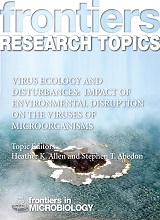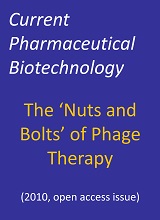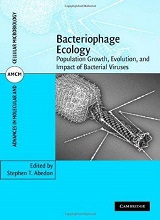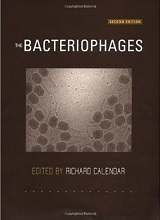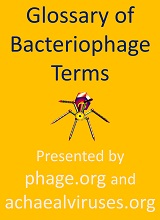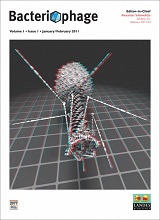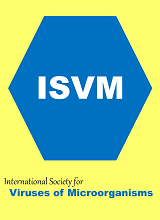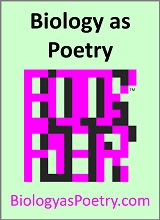
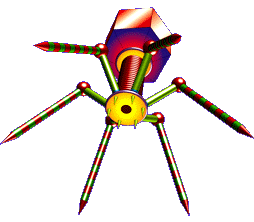
Proteins and complex carbohydrates that are normally found within an organism and particularly which are products of that organism's gene expression.
Self, in particular, are molecules, cells, and tissues that constitute an organism's phenotype, minus any contributions from outside of the organism's internal tissues. These also can be described as molecules that could serve as antigens if vaccinated into another organism, but are not within the organism that produces these molecules, except given the case of autoimmune disease.
Non-self is also describe as foreign or, indeed, as exogenous antigens. While innate immunity certainly is capable of recognizing non-self molecules, such as via toll-like receptors or complement systems, it is particularly in terms of adaptive immunity that the concept of self is stressed, and this is in part because the nature of adaptive immunity forces organisms in the course of their development and adult existence to explicitly distinguish between self and non-self, recognizing the latter and ignoring the former. See, in particular self tolerance, negative thymic selection, and clonal deletion.
The concept of self thus is closely tied to that of adaptive immunity where adaptive immunity spares self (self tolerance) while recognizing non-self. Adaptive immunity, however, is predominantly a characteristic only of vertebrate animals. Thus, while non-vertebrates certainly possess a "self" in a non-immunological sense, and have immune systems that serve to protect them from parasites and pathogens, they do not possess a self in the same sense as vertebrate animals.
Of interest, even bacteria can distinguish self from non-self.
For more on this topic, see Wikipedia and Google. Contact web master. Return to home.
